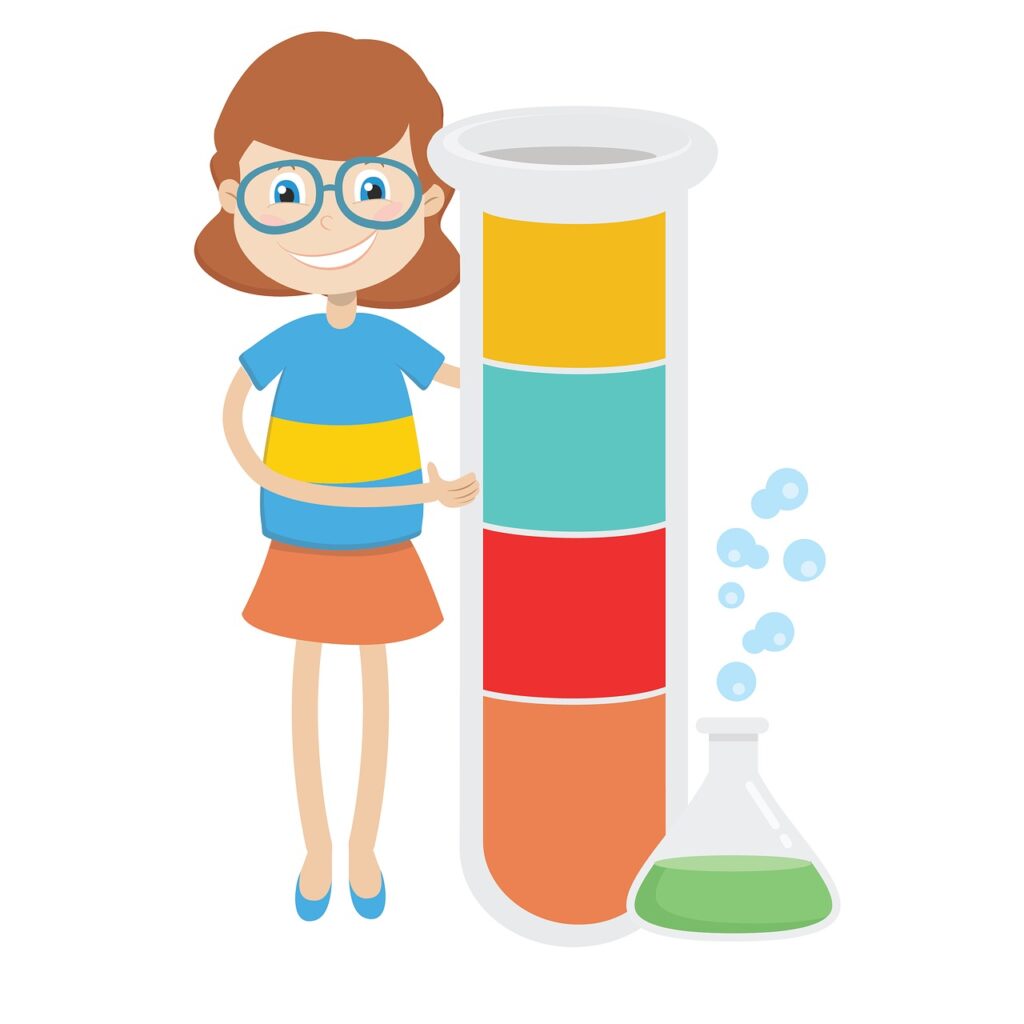Wellness often shines brightest in the obvious places like our meals, our workouts, and our sleep routines. But it’s also shaped by the shadows in between: those unseen spaces where habits and exposures quietly live. Endocrine-disrupting chemicals (EDCs) tend to linger here, influencing our hormonal balance in subtle and unexpected ways.
The invitation isn’t to fear the shadows…your journey should be about growth and change, not the fearful headlines you see everyday. Instead we want to bring the impacts of EDCs into the light. Each small change – choosing safer packaging, cleaner products, or fresher air – turns those in-between spaces into opportunities for healing.

What are Endocrine Disrupting Chemicals?
Our bodies run on a finely tuned communication system of hormones, each linked to the other like an elaborate firefly display. These hormone messengers tell our bodies when to grow, digest food, manage energy, sleep, or reproduce.
Endocrine-disrupting chemicals, or EDCs, are substances found in everyday items like plastics, pesticides, personal care products, and even household dust. The problem is, they can mimic, block, or scramble those natural hormone “messages.”
It’s a bit like planting an invasive species in your garden. They may bring beauty and butterflies to the area, but also cause damage, preventing native plants from growing and disrupting native animal and insect life cycles. Ultimately wrecking havoc on the long term landscape.
Because hormones influence nearly every vital process: mood, metabolism, fertility, growth, and more, these small daily exposures to EDCs can gradually shift how your body functions over time.
The good news is, once you understand where EDCs hide and how they work, you can take steps to limit your exposure and support your body’s natural balance.
How do they affect my body?
EDCs can mimic your natural hormones (like estrogen or thyroid hormone) and trick your body into responding as if those hormones were really there. They can also block receptors, preventing your real hormones from delivering their messages. In other cases, they interfere with how hormones are made, broken down, or transported.
Because hormones regulate nearly everything –growth, metabolism, energy, sleep, reproduction, mood, and immune function – disruption can lead to wide-ranging effects. For example:

Fertility & reproductive health: changes in menstrual cycles, reduced sperm quality, early puberty, or difficulties conceiving.
Thyroid function: fatigue, weight changes, brain fog, or changes in metabolism.
Metabolism & weight: higher risk of insulin resistance, obesity, or diabetes.
Development: greater impact on babies and children since their hormone systems are still developing.
Long-term risks: high risk for hormone related cancers (like breast, thyroid or prostate)
Immune system: altered immune responses, inflammation, and possible increased allergy or autoimmune risk
Where are they hiding?
Endocrine disrupting chemicals (EDCs) show up in more everyday places than most people realize. They’re often hidden in plastics, personal care products, food, and household items. Here are the most common sources:
Plastics & packaging – BPA and phthalates in water bottles, food storage containers, canned food linings, and plastic wrap.
Personal care & beauty products – parabens, phthalates, and fragrances in lotions, shampoos, deodorants, perfumes, and cosmetics.
Household cleaners & detergents – chemicals like triclosan, synthetic fragrances, and surfactants.
Pesticides & herbicides – residues on non-organic produce, lawn sprays, and bug repellents.
Non-stick cookware & food wrappers – PFAS (“forever chemicals”) used in Teflon pans, microwave popcorn bags, and fast-food wrappers.
Cans & receipts – thermal paper receipts often contain BPA; canned foods may have chemical liners.
Water & environment – contaminated drinking water or air pollutants can carry hormone-disrupting compounds.
How can I avoid them?

The good news is that while you can’t avoid endocrine disrupting chemicals completely (they’re everywhere in modern life), you can reduce your exposure significantly with a few smart swaps.
There is also no need to try and do all of these at once (stress isn’t good for our hormones either you know!). Pick one or two items that really resonate with you. Maybe you drink a ton of water from plastic bottles, so a one time purchase of a stainless steel bottle will be a great investment. Or perhaps stocking up on frozen foods or organic brands when they are on sale.
The key is to start small, and make these changes sustainable.
Food & Drink
Ditch plastics: Store food and water in glass or stainless steel instead of plastic containers or wrap.
Limit canned foods: Choose fresh, frozen, or foods in glass jars when possible.
Filter your water: A high-quality carbon block or reverse osmosis filter helps reduce contaminants. Opt for a stainless steel or glass water bottle also!
Go organic when you can: Especially for high-pesticide foods (the Dirty Dozen list from EWG is a good guide).
Household
Skip synthetic fragrances: Opt for fragrance-free or essential-oil-based products in cleaners, detergents, and air fresheners.
Choose safer cleaners: Vinegar, baking soda, castile soap, or eco-certified brands.
Be mindful with cookware: Replace non-stick pans with stainless steel, cast iron, or ceramic. Especially when scratched, the non-stick coating can release large amounts of chemicals.
Personal Care
Read labels: Avoid parabens, phthalates, triclosan, and “fragrance/parfum.”
Simplify routines: Fewer products mean fewer exposures.
Use EWG’s Skin Deep or Think Dirty app to check safer personal care products.
Daily Habits
Handle receipts less: They’re often coated with BPA. Ask for digital receipts when you can.
Ventilate indoors: Open windows or use HEPA filters to reduce chemical buildup from cleaners, paints, or furniture.
Heat food wisely: Don’t microwave in plastic. Glass or ceramic are much safer options.
Functional Pharmacist Perspective
In functional medicine, we’re always asking “why?” Why are you tired, foggy, or anxious? Why did your labs shift unexpectedly? What are the specific modifications you can make in your own routine that will benefit your health? At Canopy Wellness we can help with a complete and detailed look at your health history through our 90 minute consultation, comprehensive medication reviews and more. You deserve to feel your best.
To learn more about Functional Medicine and see how it may help you, schedule a free 15 minute consultation or head to our Work With Me page! Don’t forget to sign up for our newsletter below as we delve into topics like lifestyle medicine, ingredient highlights, medication concerns and more.
Anytime that you are experiencing a health concern, please contact a healthcare professional for guidance. In the meantime, ensuring that you are providing your body with the nutrients it needs and supporting it through sleep and stress reduction will always provide benefit. The content on this site is for informational or educational purposes only and does not substitute professional medical advice or consultations with healthcare professionals.

Excellent article!! Very informative. Thought this was great